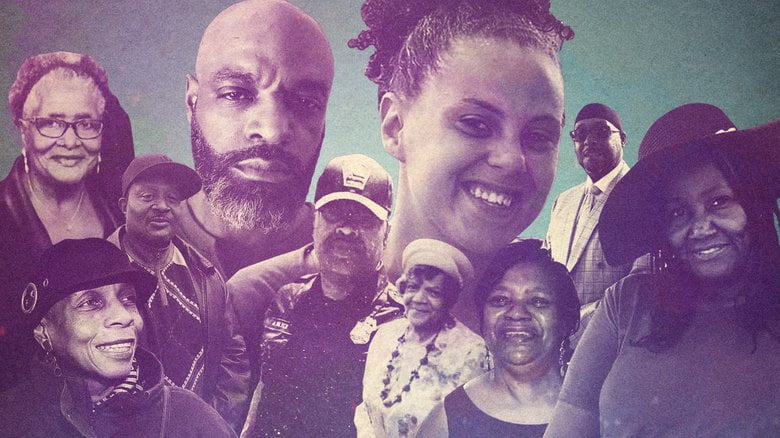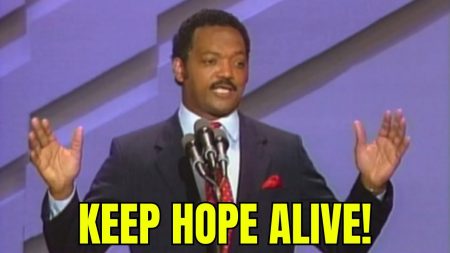Justice Needed for the Victims of the Buffalo Shooting
President Biden needs to take action to pass an anti-Black hate crime bill.

Federal lawmakers are urged to pass an anti-Black hate crime bill.
What is the appropriate response to the slaughter of a grandmother of six, a good hearted person, a father buying his son a birthday cake, an honest writer, a music lover, a taxi driver who gave rides for free to people who couldn’t afford it, a loving son, a sweet-sweet auntie, an 86-year-old African-American princess, and a devoted educator?
Civil rights attorney Ben Crump described the attack as an act of domestic terrorism by a white supremacist. President Biden needs to take action to pass an anti-Black hate crime bill.
Federal lawmakers began talking about passing an Anti-Black Hate Crime bill in 2015, right after a white supremacist killed nine innocent Black souls at a Charleston church, but nothing happened. Seven years later Black people still lack necessary protections against hate and violence.
Congress passed an Anti-Asian hate crime bill just last year. They need to pass an Anti-Black Hate Crime Bill now. Ten innocent people died in Buffalo. How many more will die before we finally get necessary protections?
Lawmakers also need to address the root of the problem by holding responsible the people who promote hate in environments like the internet and cable television.
Remembering those who were killed
Aaron Salter, 55, a former police lieutenant who worked as a security guard at the store, was shot and killed after confronting the shooter at the front entrance.
Ruth Whitfield, 86, was a “beloved wife, mother, and grandmother,” her lawyer said.
Pearly Young, 77, who ran a weekly food pantry, was shopping for groceries when she was killed.
Katherine “Kat” Massey, 72, was a writer who wrote about gun violence in her community and was part of a community group that helped local residents.
Heyward Patterson, 67, would drive residents to get their groceries and volunteered at his church in his free time.
Celestine Chaney was at the grocery store to get shrimp and strawberry shortcake. The 65-year-old delighted in her role as a grandmother most of all.
Roberta Drury, 32, was at the supermarket to get food for dinner. She often shopped for her brother and his family, who lived near the Tops grocery. Her brother is recovering from leukemia, he told NPR.
Margus D. Morrison, 52, of Buffalo. He was the father of three children, their mother told local TV news WKBW.
Andre Mackneil, 53, of Auburn, N.Y. He was engaged to marry Tracey Lynn Maciulewicz — who said on Saturday that Mackneil died on their son’s third birthday, according to Auburn newspaper The Citizen.
Geraldine Talley, 62 of Buffalo.
New York Gov. Kathy Hochul says $2.8 million in federal and state funding will go toward helping victims’ families cover funeral and burial expenses of up to $6,000, as well as medical expenses and counseling.
Buffalo, New York is one of the poorest, most racially segregated, and racist cities in America. The Tops grocery store where the killings took place was a lifeline to many in the community and the neighborhood’s only grocery store for much of the past 20 years.





